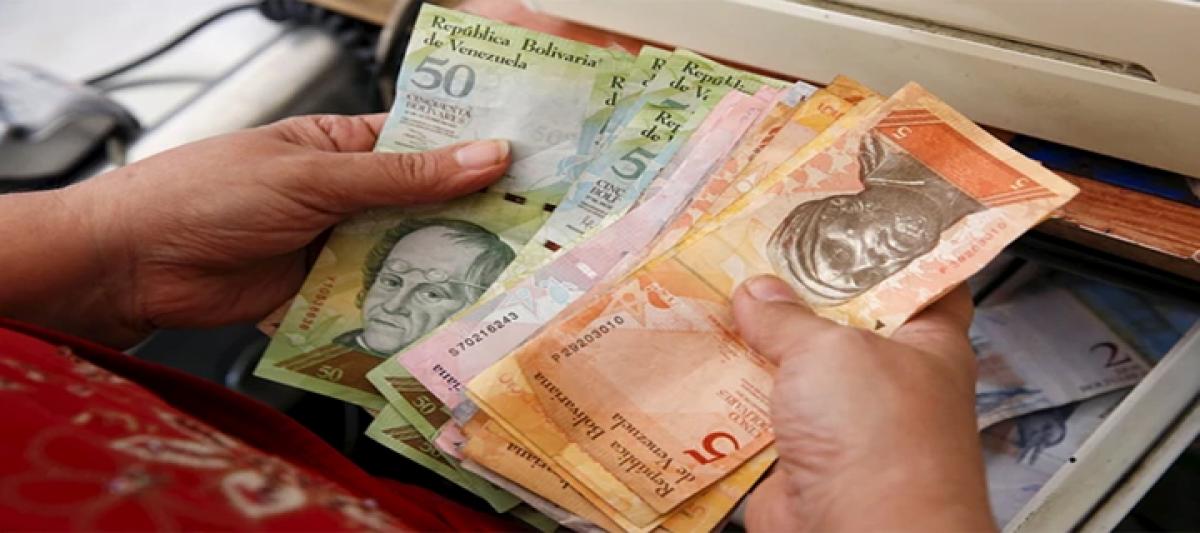Live
- NASA Tracks Five Giant Asteroids on Close Approach to Earth Today
- Pushpa 2 Hits ₹1000 Crore in 6 Days: How It Compares to Other Top Indian Films
- Vivo X200 and X200 Pro Launched in India: Price, Specifications, and Features
- Nitin Gadkari Admits Feeling Embarrassed at Global Summits Over Rising Road Accidents in India
- Comprehensive Review on Indiramma Housing Survey and Welfare Initiatives Conducted via Video Conference
- Jogulamba Temple Records Rs 1.06 Crore Hundi Revenue in 150 Days
- Opposition Slams ‘One Nation, One Election’ Bill as Anti-Democratic; BJP Allies Support the Move
- Celebrate Karthigai Maha Deepam Virtually with Sri Mandir’s LIVE Darshan Experience
- BJP Extends Support to Samagra Shiksha Abhiyan Employees' Strike, Demands Immediate Regularization and Welfare Benefits
- Dr. M. Priyanka Stresses Quality Education, Nutritious Meals, and Cleanliness in Schools










